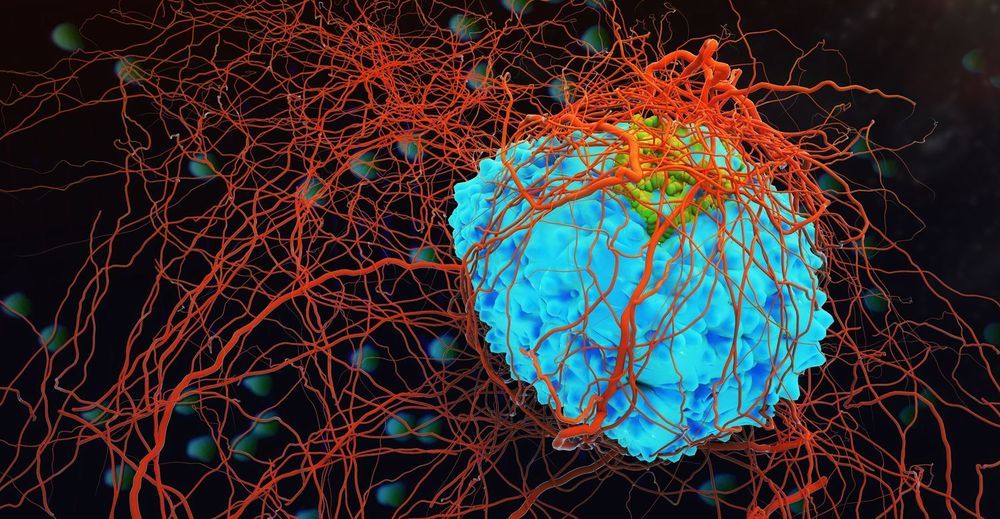Apr 5, 2019
Google to pull plug on AI ethics council
Posted by Tracy R. Atkins in categories: ethics, robotics/AI
(Reuters) — Alphabet Inc’s Google said on Thursday it was dissolving a council it had formed a week earlier to consider ethical issues around artificial intelligence and other emerging technologies.
The council had run into controversy over two of its members, according to online news portal Vox, which first reported the dissolution of the council.
The council, launched on March 26, was meant to provide recommendations for Google and other companies and researchers working in areas such as facial recognition software, a form of automation that has prompted concerns about racial bias and other limitations.
Continue reading “Google to pull plug on AI ethics council” »


















